Seafarer Exploration Announces Full Deployment of Sand Shark™ Handheld Device Following Successful Field Testing
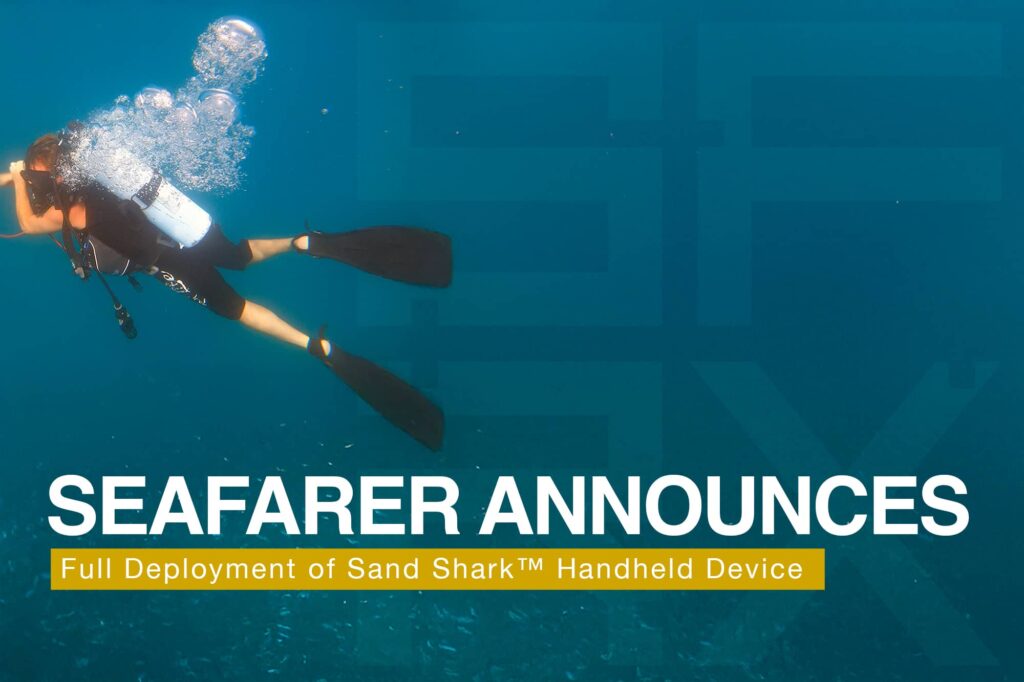
Seafarer Exploration (OTCQB: SFRX) has officially deployed the Sand Shark™ handheld metal discriminator, a major step forward in underwater rescue archaeology, precision targeting, and site preservation. Built on the proven SeaSearcher system, Sand Shark™ sets a new benchmark for discovery.
SeaSearcher in Action!
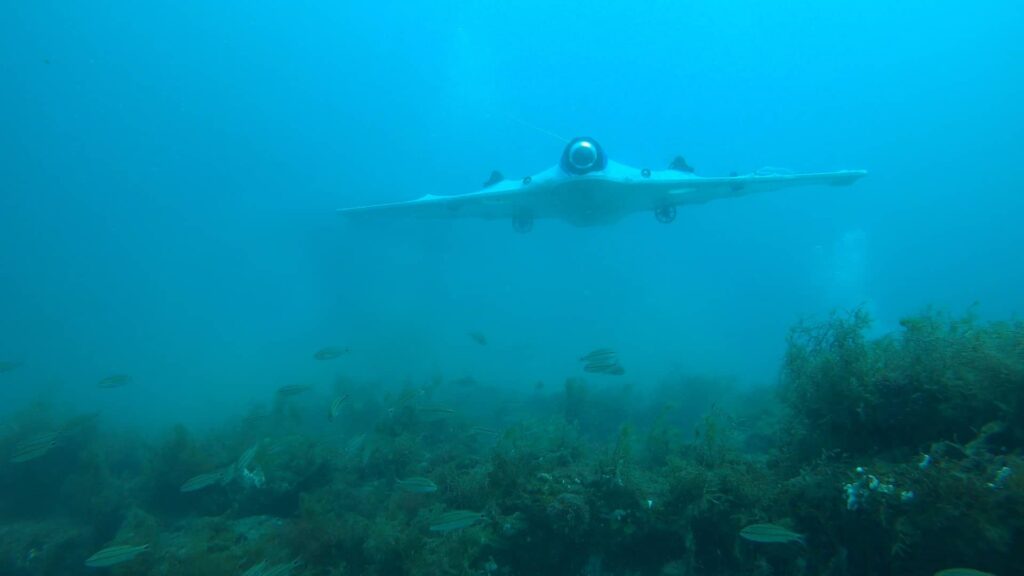
The SeaSearcher demonstrating some of it’s auto-pilot, and artifact mapping capabilities in the field.
Seafarer Announces Second-Generation SeaSearcher
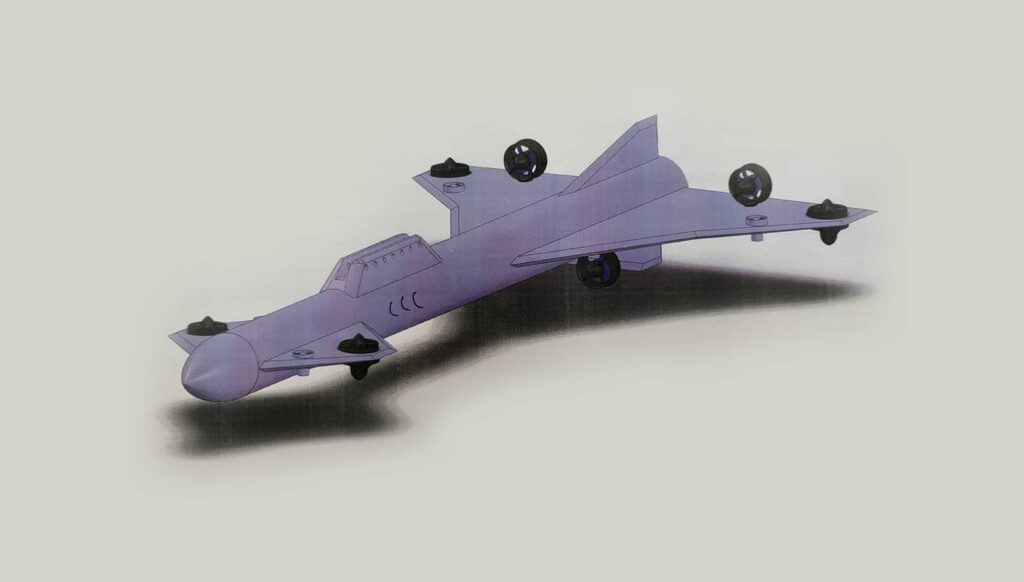
Seafarer Exploration Corp. (OTCQB: SFRX) announced today the construction of the second-generation SeaSearcher platform focused on deeper water and multi-mode exploration.
Ring Site in Area 2
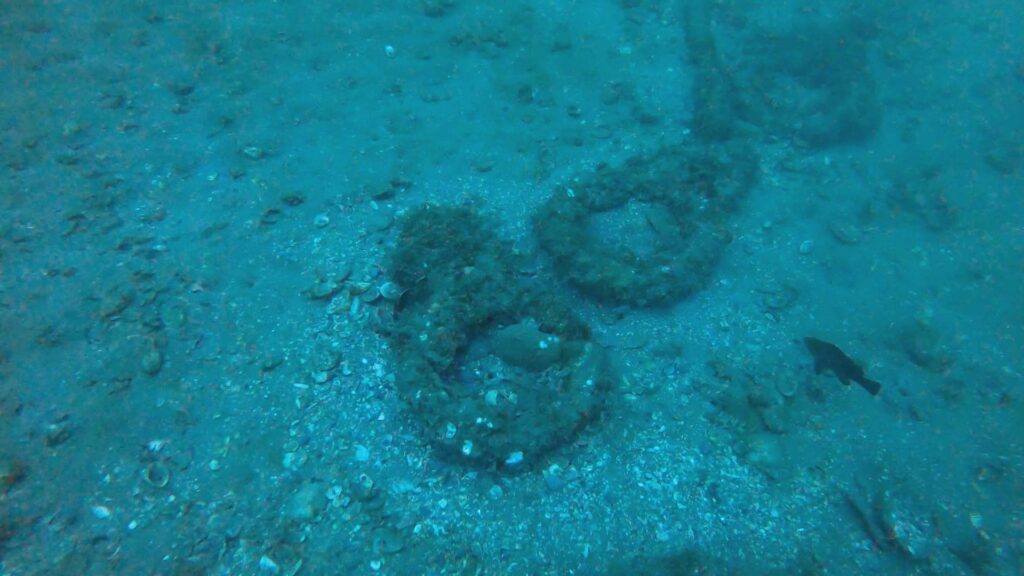
Scanning (i.e., remote sensing), SeaSearching, diving, and identifying the trail of artifacts leading away from the Ring Site in Area 2.
Metal Discriminator Integration Testing Completed Plus So Much More!
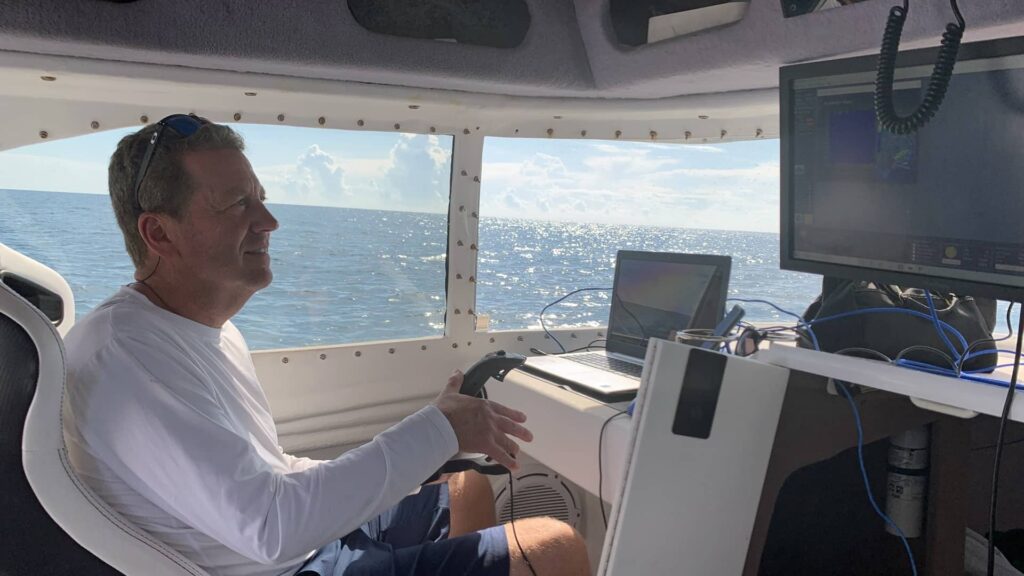
With SeaSearcher 2’s metal discriminator integration testing completed, our teams continue to work hard at expanding our knowledge about the Melbourne Beach site while also preparing to return to Juno Beach.
SeaSearcher In Its Full Glory
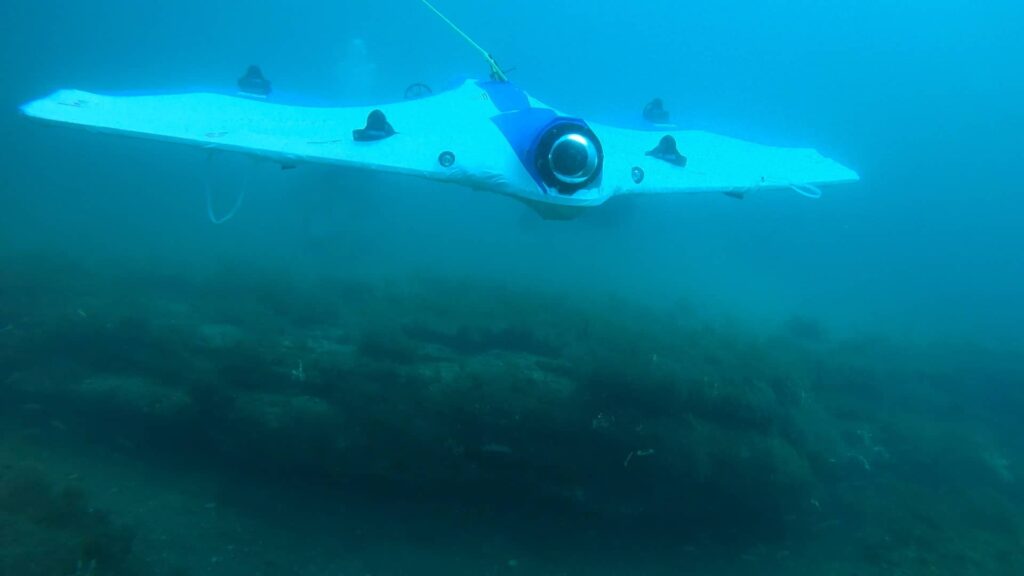
Our team took time this week to capture some glamour shots for the SeaSearcher to show her off in all of her beauty and help illustrate how she works.
SeaSearcher Free-Flying With The New Metal Discriminator
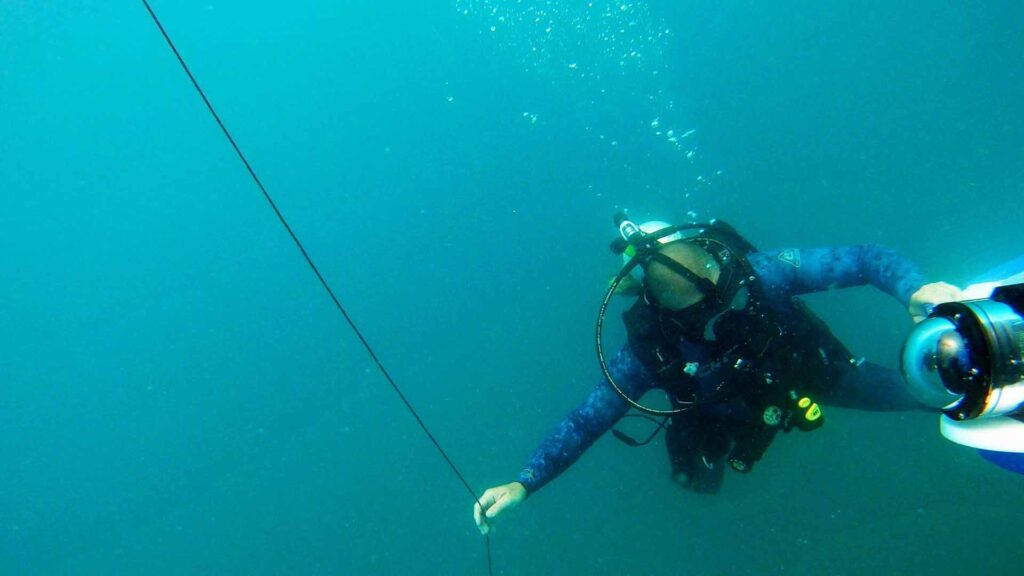
This long-awaited time of year was gladly welcomed by the teams which showed in what they were able to accomplish in their work scanning, documenting, and qualifying new tech features.
Testing The New Metal Discriminator and Extracting Core Samples
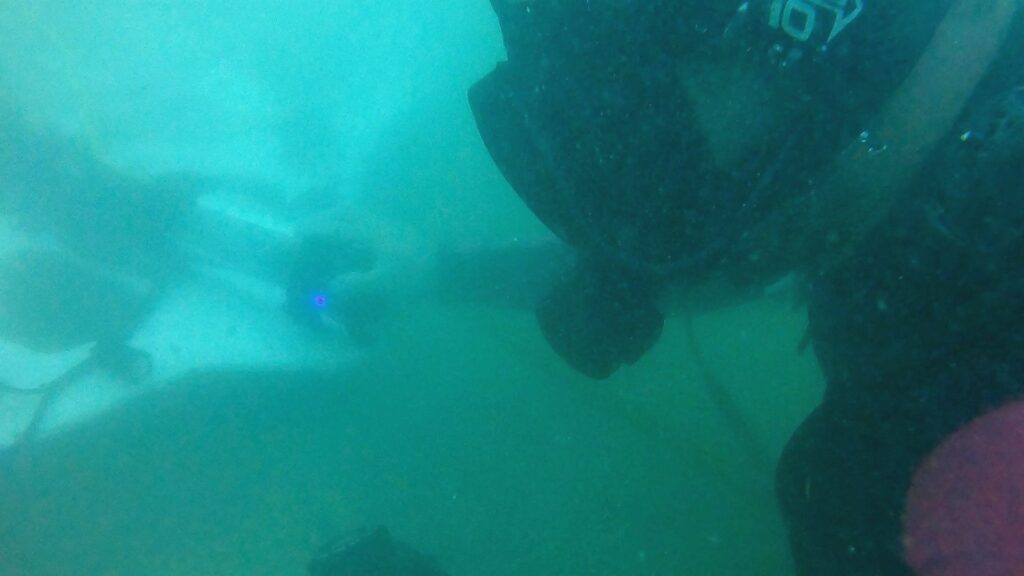
Who says you can’t have a little fun at work? Check out our new blog post to see what fun the dive team got up to this week!
SeaSearcher Scanning Identified A New Target Area

The Good Fortune headed out to do some SeaSearcher scanning early in the week before the season’s first tropical disturbance hit us. The ride out was pretty rough, but once on-site, the winds shifted, it seemed to settle down and the skies cleared up. We were able to get a good bit of scanning done and identified a new target area for a detailed scan before the conditions caught up with us.
A Look Inside The SeaSearcher Lab
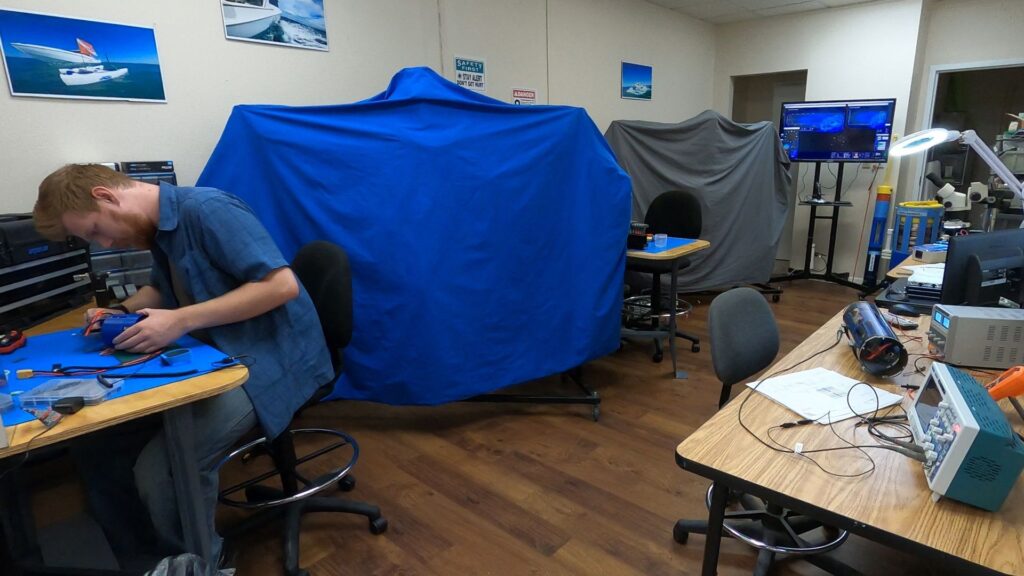
The SeaSearcher lab is outfitted to build and maintain the SeaSearchers and supporting components. Pardon the covers. They are a little modest. Our lab has a dedicated workstation for each SeaSearcher. Yes, there are two SeaSearchers.